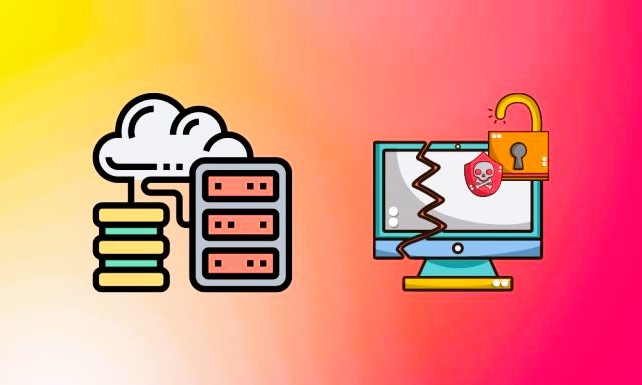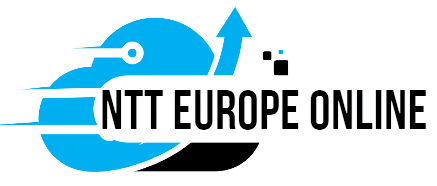When it comes to choosing a hosting provider, security should be a top priority. In an era where cyber threats are becoming more sophisticated, ensuring that your website and data are protected is crucial. This article will outline the key security features you should look for in a hosting provider.
1. SSL/TLS Certificates
Secure Sockets Layer (SSL) and Transport Layer Security (TLS) certificates are essential for encrypting data transmitted between your website and its visitors. This encryption is crucial for protecting sensitive information like login credentials and personal data.
- Why It Matters: An SSL/TLS certificate not only secures data but also boosts your website’s credibility and search engine ranking.
2. Firewalls and DDoS Protection
A good hosting provider should offer robust firewalls and protection against Distributed Denial of Service (DDoS) attacks. These attacks flood your site with traffic to overwhelm and incapacitate it.
- Why It Matters: Firewalls act as a barrier between your server and malicious traffic, while DDoS protection ensures your site remains accessible even during an attack.
3. Regular Backups

Regular backups are vital for website security. In case of data loss due to hacking, server failure, or other issues, backups enable you to restore your website quickly.
- Why It Matters: Regular backups ensure that you can quickly recover your website without losing significant amounts of data.
4. Network Monitoring
Continuous network monitoring is crucial for identifying and mitigating potential security threats before they cause harm.
- Why It Matters: Real-time monitoring can detect unusual activities, helping to prevent security breaches.
5. Secure Data Centers
The physical security of the data centers where your website is hosted is just as important as online security measures.
- Why It Matters: Secure data centers with controlled access, surveillance, and disaster recovery measures safeguard your data from physical threats. In our article, we examined the advantages of cloud hosting for modern businesses.
6. Antivirus and Malware Scanning
Your hosting provider should offer regular antivirus and malware scanning to detect and remove malicious software from your server.
- Why It Matters: Proactive scanning helps in identifying and removing threats before they can do significant damage.
7. Access Controls and Authentication
Good hosting providers offer robust access control systems, including two-factor authentication (2FA) for accessing hosting accounts.
- Why It Matters: Strong authentication and access control measures ensure that only authorized personnel can access your hosting environment.
8. Secure FTP (SFTP)

SFTP (Secure File Transfer Protocol) is a secure version of FTP that encrypts file transfers to and from your server.
- Why It Matters: Using SFTP minimizes the risk of data being intercepted during transfers.
9. Email Security
If your hosting package includes email services, look for features like spam filtering and email encryption.
- Why It Matters: Email security features protect your communications from malware and phishing attacks.
10. User Education and Support
A great hosting provider should also offer resources and support for educating users about best security practices.
- Why It Matters: Educated users are less likely to make security mistakes that could compromise your website.
Conclusion
When selecting a hosting provider, assessing their security features is crucial. Look for SSL/TLS certificates, firewalls, DDoS protection, regular backups, network monitoring, secure data centers, antivirus and malware scanning, strong access controls, SFTP, email security, and educational resources. Remember, the cost of a security breach often far exceeds the price of investing in good security measures upfront. Therefore, choosing a hosting provider with robust security features is an investment in your website’s and business’s future.

